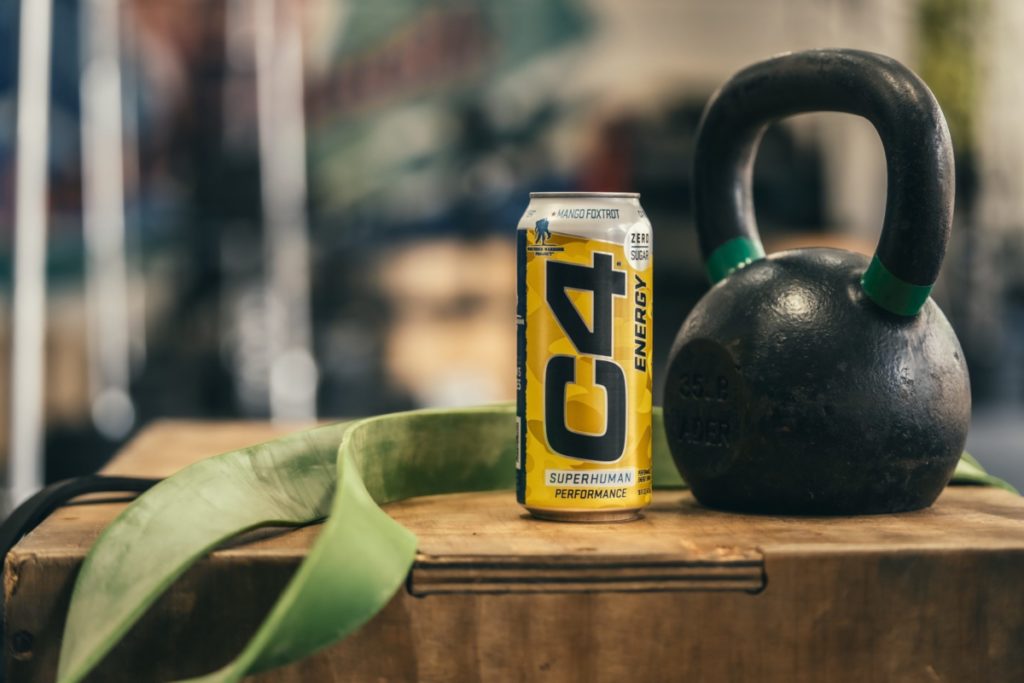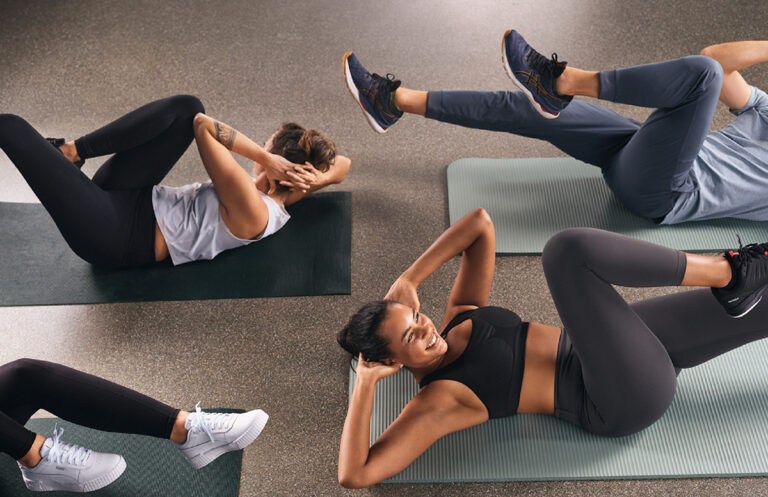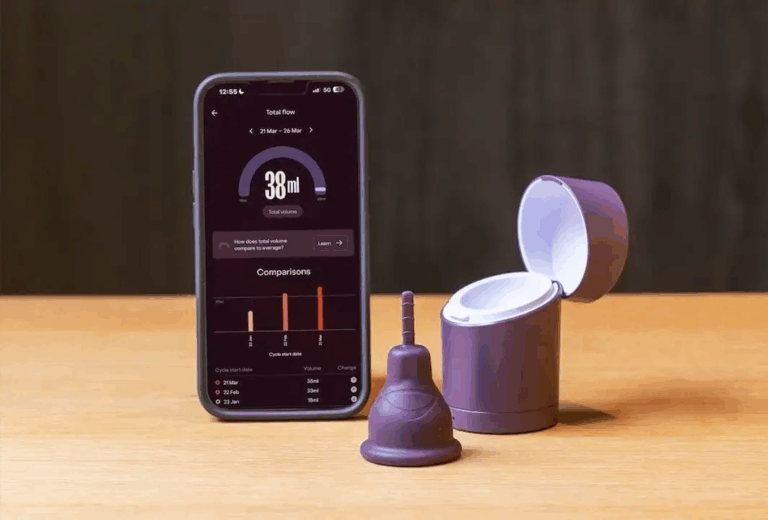For fitness or athletics, caffeine is a PED.
Energy boost. New research says as little as 200mg of caffeine (~16oz of coffee) can stimulate the body’s neurosensors and induce muscle fiber contractions, amplifying alertness and power while reducing perceived effort.
In the gym or in sport, that delivers a competitive advantage:
- Caffeine, delivered in any form, increased performance by 2–5%, with moderate gains for weightlifting/HIIT and significant gains for running/cycling/swimming.
- In a study of 5K-distance runners, caffeine ingestion shaved 11 seconds off the times of trained runners; 12 seconds from recreational athletes.
- Competitive rowers clipped 4 seconds off their 2K-meter scores.
Wired. No surprise, caffeine has long been a staple of nutritional supplements and energy drinks. But, as more consumers search for a convenient pick-me-up to enhance performance, focus, or overall well-being, brands are cashing in on the billion-dollar clean energy boom.
- Last year, Keurig Dr Pepper put $863M into energy drink maker Nutrabolt — who recently rebranded its C4 product line around mental and physical performance.
- Around the same time, PepsiCo bought a $550M stake in better-for-you energy drink maker CELSIUS Holdings, Inc., valuing the company at $7.45B.
- Gatorade leveraged the 2019 PepsiCo acquisition of CytoSport to debut Fast Twitch, a sports drink with 200mg of caffeine per 16oz bottle.
- In January, PRIME, a beverage brand launched by influencers Logan Paul and KSI, released PRIME Energy — with demand so high it created a “black market” of resellers.
Elsewhere, even nutrition bars are getting in on the action. Protein bar company ONE just launched coffee bars with 65mg of caffeine, joining Verb Energy and (soon relaunching) BoomFoods in the world of caffeinated snacks.
Takeaway: Beyond the classic cup of joe, demand for functional, wellness-boosting beverages will give us a caffeine fix in new and ubiquitous forms — which begs the question: How much caffeine is too much?






